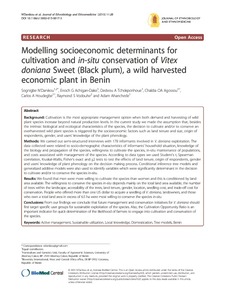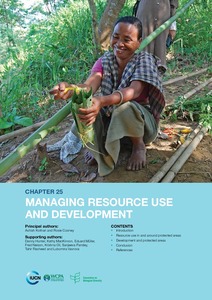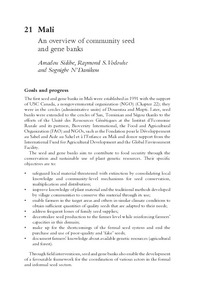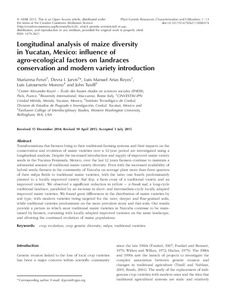Location
Bioversity International is a global research-for-development organization. We have a vision – that agricultural biodiversity nourishes people and sustains the planet.
We deliver scientific evidence, management practices and policy options to use and safeguard agricultural and tree biodiversity to attain sustainable global food and nutrition security.
We work with partners in low-income countries in different regions where agricultural and tree biodiversity can contribute to improved nutrition, resilience, productivity and climate change adaptation.
Members:
Resources
Displaying 91 - 95 of 184Modelling socioeconomic determinants for cultivation and in-situ conservation of Vitex doniana Sweet (black plum), a wild-harvested economic plant in Benin
Background: Cultivation is the most appropriate management option when both demand and harvesting of wild plant species increase beyond natural production levels. In the current study we made the assumption that, besides the intrinsic biological and ecological characteristics of the species, the decision to cultivate and/or to conserve an overharvested wild plant species is triggered by the socioeconomic factors such as land tenure and size, origin of respondents, gender, and users’ knowledge of the plant phenology.
Longitudinal analysis of maize diversity in Yucatan, Mexico: influence of agro-ecological factors on landraces conservation and modern variety introduction
Transformations that farmers bring to their traditional farming systems and their impacts on the conservation and evolution of maize varieties over a 12-year period are investigated using a longitudinal analysis. Despite the increased introduction and supply of improved maize variety seeds in the Yucatan Peninsula, Mexico, over the last 12 years farmers continue to maintain a substantial amount of traditional maize variety diversity.





